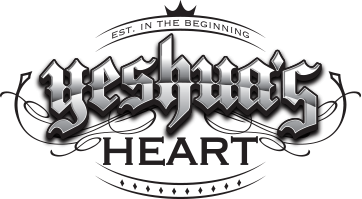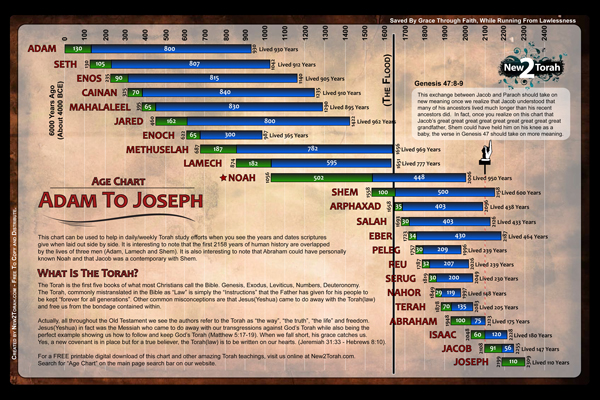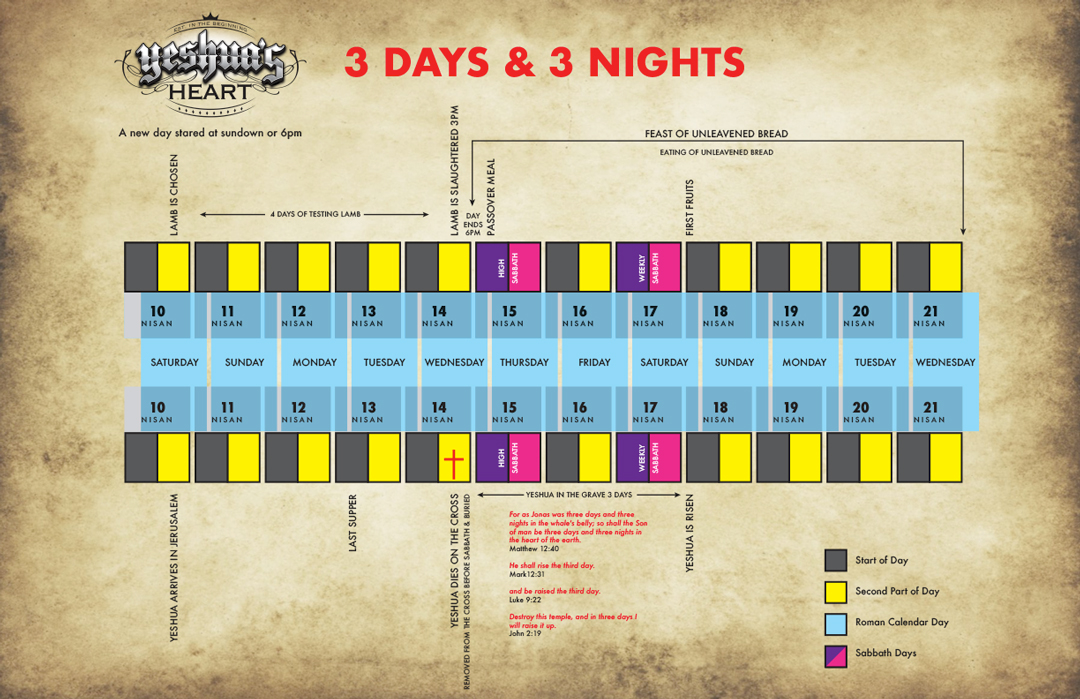Definitions:
Brit Hadasha The New Testament in Hebrew is called the Brit Hadasha (brit hah-dah-shaw) which means “new covenant”. It is more accurately translated to “renewed covenant”.
Ha’ Mashiach: (hah-mah-she-awk) Hebrew for “The Messiah”. Messiah means “anointed”. This is because Yeshua would be the anointed high priest of the Melchizedek order [Hebrews 6:20]. Greeks translated this into Christ which means “anointed”.
Jesus: Yeshua (or Yehoshua) in Hebrew means “Yehovah saves” or delivers, or “salvation”. The name of Jesus is a translation of a transliteration and is made up. However, I see nothing wrong in saying Jesus, God, or LORD. I choose to use the names of God because it is what Yeshua (Jesus) would have been called by those who knew him and I feel like it is a closer relationship with Him to know and call upon His name. We are not “sacred namers”, there is no magic in saying a name correctly. We just feel like it’s a connection.
Kadosh or Kodesh: often translated in English as “Holy” it actually means “to set apart” or “to set away from”. When YHVH calls us to be “holy” is is telling us to be set apart from the world.
LORD (YHVH): every time we see the word LORD in all capitals it means YHWH the true name of God. In the scriptures originally written in Hebrew it is written in the hebrew letters of yod-heh-vav-heh or YHWH. The letters in hebrew look like this: יהוה.
It is pronounced Yahweh, Yehuah or Yehovah. There are several schools of thought on the pronunciation since it was hidden by worldly rabbis (they hid the jots and tittles that represent vowels necessary for speech in Hebrew). Yehovah gives us his name over 6000 times in the old testament. However, rabbis, breaking His commandments, decided to make up a rule that we cannot speak or write the name of God because it is too holy. Yahweh himself told us to speak his name as he gave it to Moses:
- Exodus 3:13-15 Then Moses said to God, “If I come to the people of Israel and say to them, ‘The God of your fathers has sent me to you,’ and they ask me, ‘What is his name?’ what shall I say to them?” God said to Moses, “I am who I am.” And he said, “Say this to the people of Israel, ‘I am has sent me to you.’” God also said to Moses, “Say this to the people of Israel, ‘Yehovah, the God of your fathers, the God of Abraham, the God of Isaac, and the God of Jacob, has sent me to you’: this is my name for ever, and thus I am to be remembered throughout all generations.
- Exodus 9:15 “ But I have raised you up for this very purpose, that I might show you my power and that my name might be proclaimed in all the earth.”
Moedim: this hebrew word means Appointed Times. It is often translated as feasts in scripture. It is for God’s special feast days he instructs us to follow as a means to understand his calendar, and the story of Messiah, his first coming and his return so we will not be caught unaware. Think of it as a special date night with Yehovah. These appointed times are a statute forever. Shabbat, the fall feasts and the spring feasts are moedim.
Shabbat: this is the Hewbrew word for Sabbath, meaning “rest” or cessation. To cease all manual labor. According to God’s calendar, the days of the week are numbered, the only day of the week with a name is Shabbat (the 7th day) So the weekly calendar goes day one, two, three, four, five, six, shabbat. Hebrew days begin at sunset and ends the following sunset beginning another new day. The Shabbat is a sign of our covenant with Yehovah.
Shemitah– (sh-mee-tah) Shemitah means “release”. A Shemitah year is a Sabbath year of rest. After settlement in Israel, the nation was commanded to keep 7 year cycles. The 7th year being a Sabbath (sabbatical) year of rest for the land and farmers. It was also a time to release debt among other Hebrews. [Deut 15:1,2. Lev. 25:3-6 and Lev 15:20]. For those who kept the shemitah year, they would be blessed with a double harvest in year 6 to sustain them through the 7th. Judah was expelled to Babylon for 70 years, one year for each shemitah year they did not observe. The next shemitah year will be 2021-2022
Tanakh. In Hebrew the books that make up the old testament is called the Tanakh. Tanakh is an acronym of the first Hebrew letter of each of the Masoretic Text’s three traditional subdivisions: Torah (“Teaching”, also known as the Five Books of Moses), Nevi’im (“Prophets”) and Ketuvim (“Writings”)—hence TaNaKh.
Torah: The word “Torah” in Hebrew is derived from the root, ירה which in the hif’il conjugation means “to guide/teach” (cf. Lev 10:11). The meaning of the word is therefore “teaching”, “doctrine”, or “instruction”; the commonly accepted “law” gives a wrong impression.
Cool Resources
*Reprinted with permission by New 2 Torah


